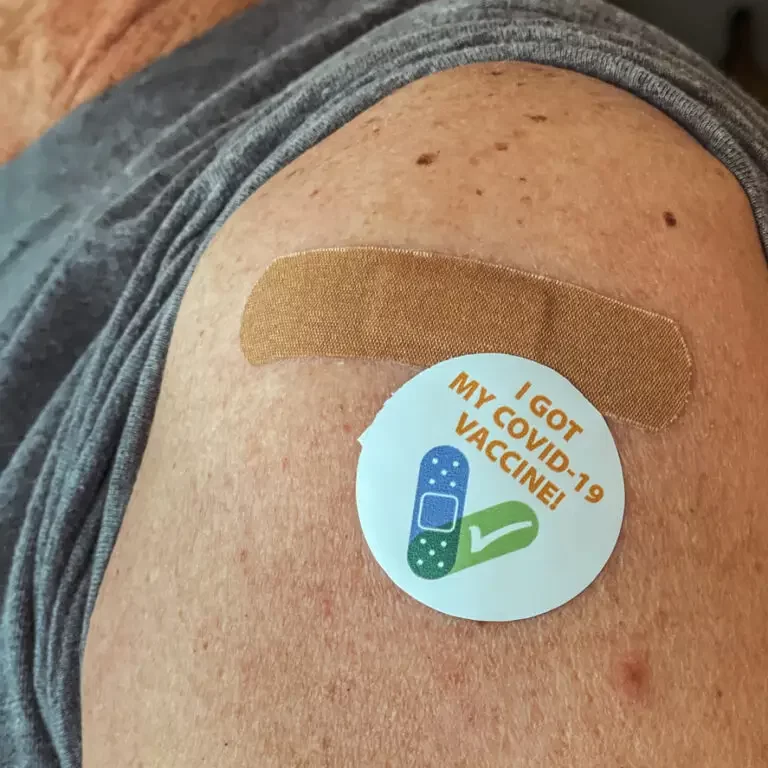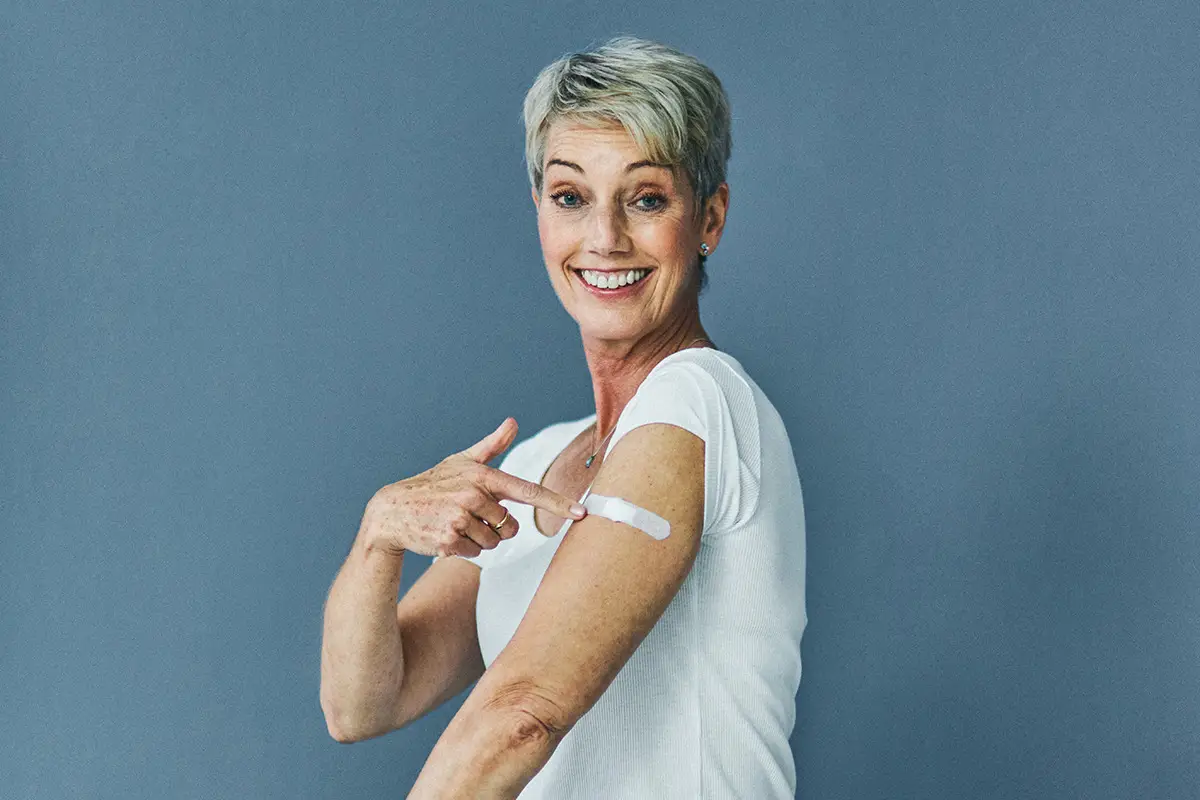Understanding health threats and how you can respond to them is a critical part of healthcare. Here’s what you need to know about COVID-19 and how Medicare coverage plays a role.
What is COVID-19?
Coronavirus is a category of viruses that cause various illnesses like colds and other respiratory diseases. Coronavirus Disease 2019, also known as COVID-19, is the strain of virus which has been designated SARS-CoV-2. During the early stages of that now has become a pandemic, it was called 2019-nCoV.
Since its discovery in 2019, the spread of COVID-19 has been dangerously rapid. The most common symptoms of COVID-19 include fever, cough, and shortness of breath. These symptoms generally appear within two to 14 days after exposure to the virus. Additional respiratory symptoms may appear, such as pneumonia. Some sufferers of COVID-19 report “long COVID,” a condition in which individuals who have had COVID-19 experience long-term effects, such as altered taste or smell, and fatigue.

Are Older Adults More Vulnerable?
The Centers for Disease Control and Prevention (CDC) recommend that adults over 65 get vaccinated, as risk increases with age. Underlying conditions may hinder the body’s ability to cope with and recover from illness. Also, as you age, your immune system doesn’t have the same ability to fight viruses and bacteria.
This doesn’t mean that turning 65 automatically puts you at higher risk. Individuals of all ages with pre-existing conditions, such as cardiovascular disease, diabetes, asthma, or chronic obstructive pulmonary disease (COPD) may want to take extra precautions.
Are You Eligible for a Medicare Advantage Plan with Additional Benefits?
Get a Free Quote from a Licensed Insurance Agent.
Does Medicare Cover the Covid Vaccine?
Medicare covers the COVID vaccine and booster shots through Part B at no cost to you. All three vaccines are covered. However, there are some stipulations for the booster based on which vaccine you choose:
-
If you choose the Pfizer or Moderna vaccine, you must wait at least five months after your second dose to get your booster.
-
If you choose the Johnson & Johnson vaccine, you must wait at least two months after your first dose to get your booster.
-
In addition, if you are immunocompromised, Medicare will cover another COVID vaccine dose if it has been at least 28 days since your last dose.
If you have trouble leaving your home, Medicare will pay for a doctor or other care provider to give you the vaccine at home.

Looking for Additional Benefits?
Explore Medicare Advantage Plans In Your Area
Does Medicare Cover COVID Testing?
Medicare covers COVID testing through a pharmacy, doctor, lab, hospital, or testing site in your area. Medicare will cover every test, but after your first one, you are required to get an order from your provider. Make sure to bring your red, white and blue Medicare card with you to the vaccination site so you are not charged out-of-pocket.
Will Medicare pay for At-Home COVID-19 Tests?
In addition, Medicare covers up to eight at-home tests per month, which can include both rapid tests and mail-in lab tests.
To get the at-home tests, go to any pharmacy or health care provider that participates in this initiative. To see if your pharmacy participates, you can call your local provider or check a partial list available on the Medicare.gov website.
Note, however, that COVID testing coverage will end when the COVID-19 Public Health Emergency (PHE) ends.
What to do if you think you have COVID-19
While vaccination significantly decreases your risk of hospitalization or death, it is still possible to contract COVID-19. If you have symptoms consistent with that of COVID-19, such as a fever and respiratory difficulty of any kind, call your doctor or another healthcare provider and explain your symptoms. They can tell you what your next steps should be, specific to their ability to protect and diagnose patients. This can help limit others’ exposure to you in the event you do have the virus.
If you are experiencing symptoms of COVID-19, you may want to take a self-test to better determine if you have the virus. Self-testing can help you avoid spreading or exposing others to the COVID-19 virus and you will get your results within minutes.
Looking For Plans Available In Your Area?
Try Our Medicare Plan Comparison Tool
Enrollment Eligibility
Annual Enrollment Period (AEP)
Medicare Annual Enrollment Period runs each year from October 15 to December 7. What is the Annual Enrollment Period vs. Open Enrollment Period?
Initial Enrollment Period (IEP)
Your Initial Enrollment Period generally surrounds your 65th birthday but may occur if you otherwise become eligible for Medicare for the first time.
Special Enrollment Period (SEP)
You may be eligible if you experience a qualifying life event such as moving to a new zip code, losing employer coverage, or change in Medicaid status.
Speak to a Licensed Insurance Agent Today
1-844-735-2912 / TTY
Aetna® Anthem® Cigna Healthcare® Humana® UnitedHealthcare®






